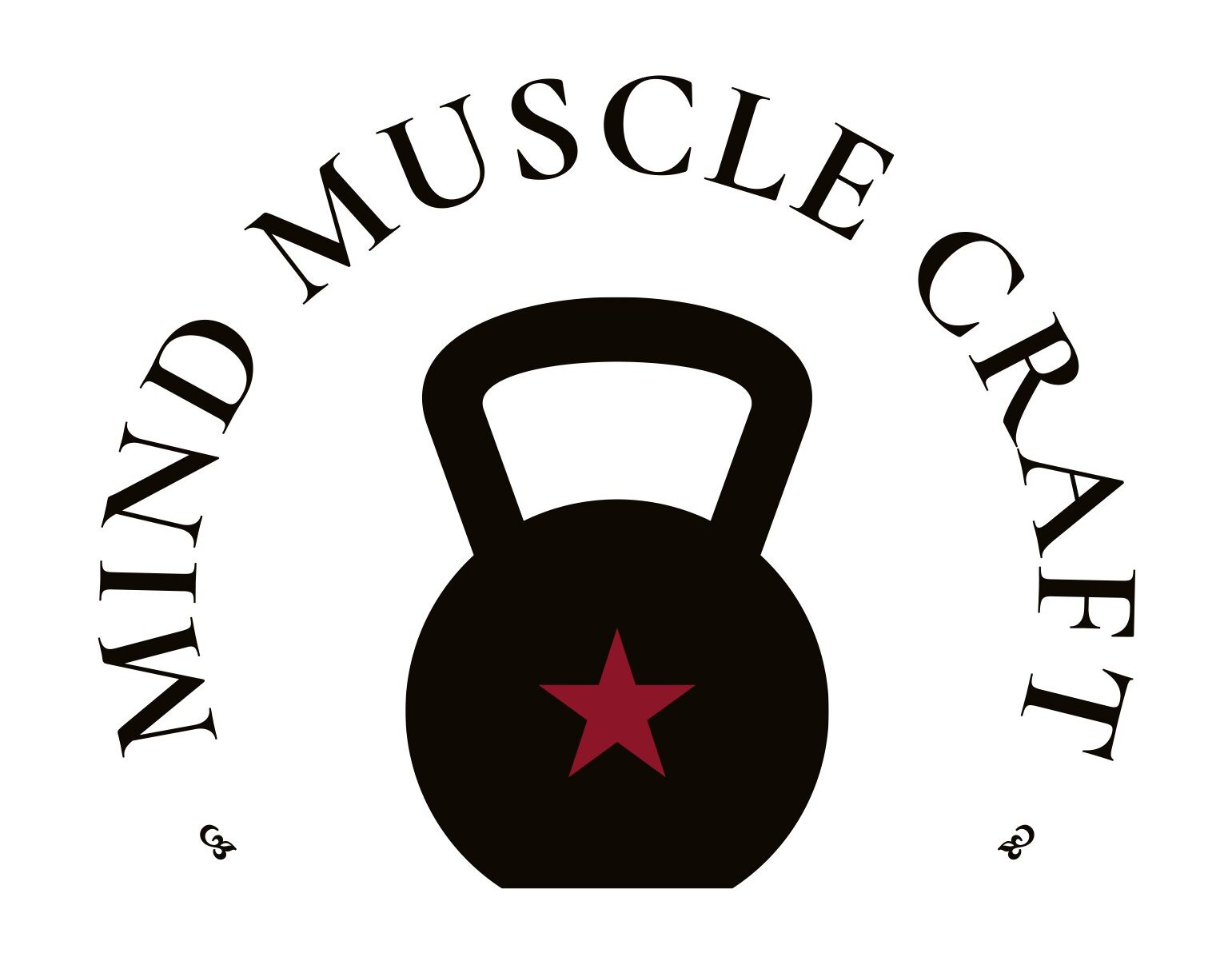Navigating Weight Management: Exploring Key Supplement Categories
Introduction:
In the pursuit of effective weight management, various supplement categories have emerged, each offering specific mechanisms to aid fat loss. Understanding these categories and their examples can empower individuals to make informed choices on their journey to a healthier weight.
Thermogenics: Enhancing Caloric Burn
Definition: Thermogenic supplements elevate the body’s metabolic rate, facilitating increased calorie burning and potential fat loss.
Example: Commonly found in fat loss supplements, caffeine and green tea extract are notable thermogenics, known for their ability to boost metabolism.
Appetite Suppressants: Curbing Caloric Intake
Definition: Appetite suppressants work to reduce feelings of hunger, aiding individuals in consuming fewer calories.
Example: Glucomannan, derived from the konjac root, is a natural appetite suppressant. Prescription medications like phentermine may also be utilized under medical supervision.
Fat Burners: Boosting Fat Metabolism
Definition: Fat burners typically consist of ingredients aimed at increasing fat metabolism or reducing fat absorption.
Example: L-carnitine is a popular fat-burning supplement that aids in the transport of fatty acids into cells for energy. Conjugated Linoleic Acid (CLA) is another example with fat metabolism benefits.
Carb Blockers: Inhibiting Carb Absorption
Definition: Carb blockers aim to inhibit the absorption of carbohydrates, potentially reducing overall calorie intake.
Example: White kidney bean extract, a common carb blocker, works by inhibiting the enzyme alpha-amylase, responsible for breaking down carbohydrates.
Fat Absorption Inhibitors: Restricting Dietary Fat Intake
Definition: These supplements interfere with the absorption of dietary fats, leading to reduced calorie intake from fats.
Example: Orlistat, available with a prescription, is a pharmaceutical fat absorption inhibitor. It works by inhibiting lipase, an enzyme responsible for breaking down fats in the intestines.
Metabolism Boosters: Amplifying Calorie Expenditure
Definition: Metabolism boosters aim to enhance the body’s overall metabolic rate, potentially leading to increased calorie expenditure.
Example: Green coffee bean extract, often marketed for its chlorogenic acid content, is considered a metabolism booster. Some supplements also include ingredients like ginger or cayenne pepper for their potential metabolic effects.
Stimulant-Free Fat Loss Supplements: A Calmer Approach
Definition: These supplements support fat loss without relying on stimulants like caffeine.
Example: Raspberry ketones, often included in stimulant-free fat loss supplements, are believed to influence adiponectin, a hormone that regulates metabolism.
Closing Thoughts:
While supplements can complement a healthy lifestyle, they should not replace a balanced diet and regular exercise. Individual responses to supplements vary, and effectiveness depends on factors such as diet, exercise, and overall health. It is crucial to consult with a healthcare professional before adding supplements to your routine, especially for those with pre-existing health conditions or taking medications. Empower yourself with knowledge, and make choices that align with your holistic well-being on the path to weight management.


Recent Comments